SLPA - Sri Lanaka Port Authority
General Cargo Billing System
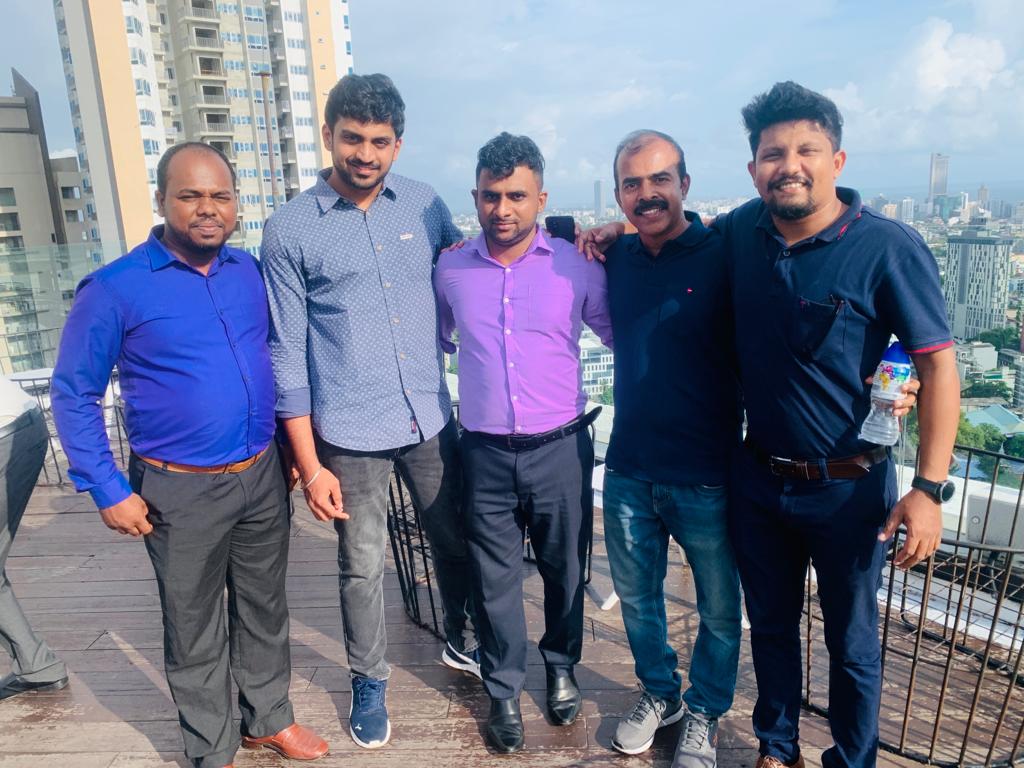
Project Description
At Colombo Port, Sri Lanka, I had the opportunity to lead a significant project aimed at modernizing and optimizing General Cargo operations, which included Bulk, Break Bulk, MCC, Bonding, and RORO activities. As the team leader, my primary responsibility was to oversee the comprehensive study and re-engineering of the existing manual processes that had been in place for years.
The project’s core objective was to eliminate the reliance on manual paperwork, which had long been a bottleneck in efficiency and accuracy. By transitioning to a system of real-time transaction capture, we aimed to not only streamline the workflow but also to introduce a more transparent and accountable process for cargo handling and billing. This involved the design and implementation of an online billing module that could accurately and instantly reflect the transactions occurring within the operations.
However, the scope of the project extended far beyond billing. We undertook a thorough re-engineering of various operational activities, transforming them from their outdated, manual processes into a fully integrated, digital system. This transition was crucial in reducing errors, improving operational speed, and enhancing the overall efficiency of the port’s cargo management.
Under my leadership, the team successfully navigated the complexities of this transformation, which required meticulous planning, in-depth process analysis, and close collaboration with various stakeholders. The result was a streamlined, modernized operation that not only improved day-to-day activities but also set a new standard for operational excellence at Colombo Port.
“This project was a testament to the power of digital transformation in the logistics and port management sector, and it reinforced my commitment to driving such innovations in all future endeavors.”
About
Here’s a revised version that focuses on the locally developed CMS by Access International and the role of SLPA:
Sri Lanka Ports Authority (SLPA)’s Colombo Port stands as a vital shipping hub in the South Asia region, serving as a gateway for cargo destined for Europe, East and South Asia, the Persian Gulf, and East Africa. Handling 2.5 million TEU annually, the port has been integral to global maritime trade, supported by its development to accommodate deep-water berths and the latest mainline vessels.
As Colombo Port’s business expanded, SLPA recognized the need to modernize its operations to maintain its competitive edge. To achieve this, SLPA partnered with Access International to develop a locally tailored Cargo Management System (CMS). This system was designed specifically to meet the unique requirements of the port’s operations, including Bulk, Break Bulk, MCC, Bonding, and RORO activities.
The implementation of the CMS was a significant step in SLPA’s ongoing efforts to enhance safety, efficiency, and productivity at Colombo Port. The system replaced outdated manual processes with real-time transaction capture and automated workflows, particularly in the billing process. This not only streamlined operations but also ensured greater accuracy and transparency in cargo handling and financial transactions.
The Steering Committee at SLPA played a crucial role in guiding the development and deployment of the CMS. Their vision was to create a system that would not only support current operations but also position the port for future growth. The dedication of both teams ensured that the CMS was successfully implemented, enabling Colombo Port to offer improved services to its customers through enhanced and automated processes
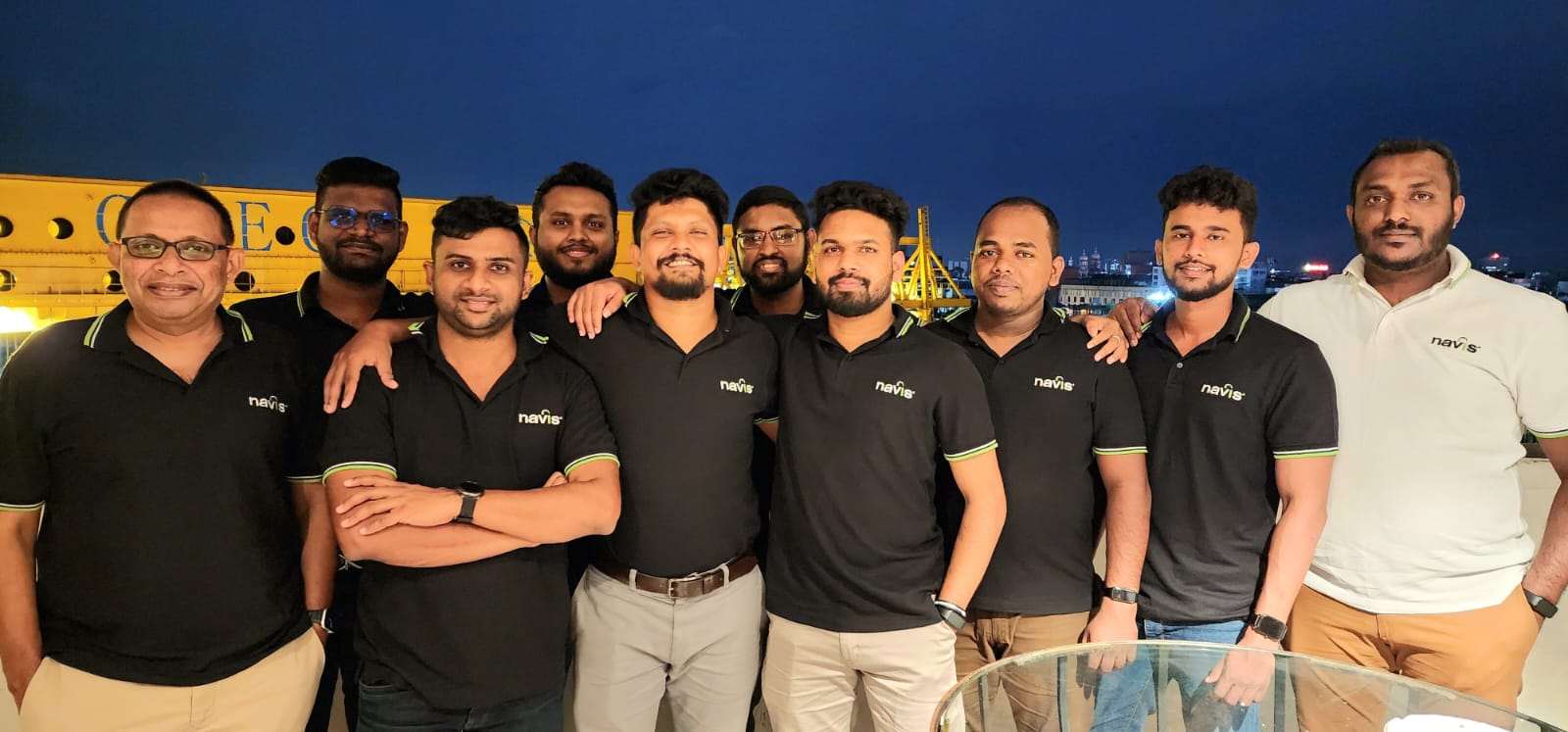
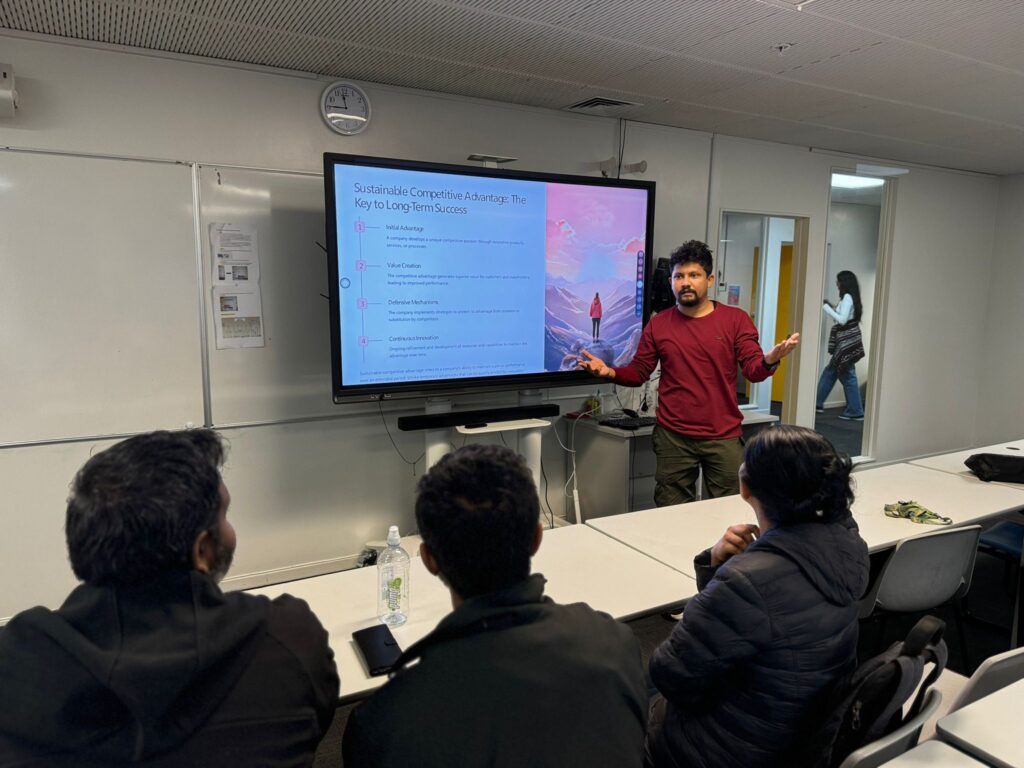
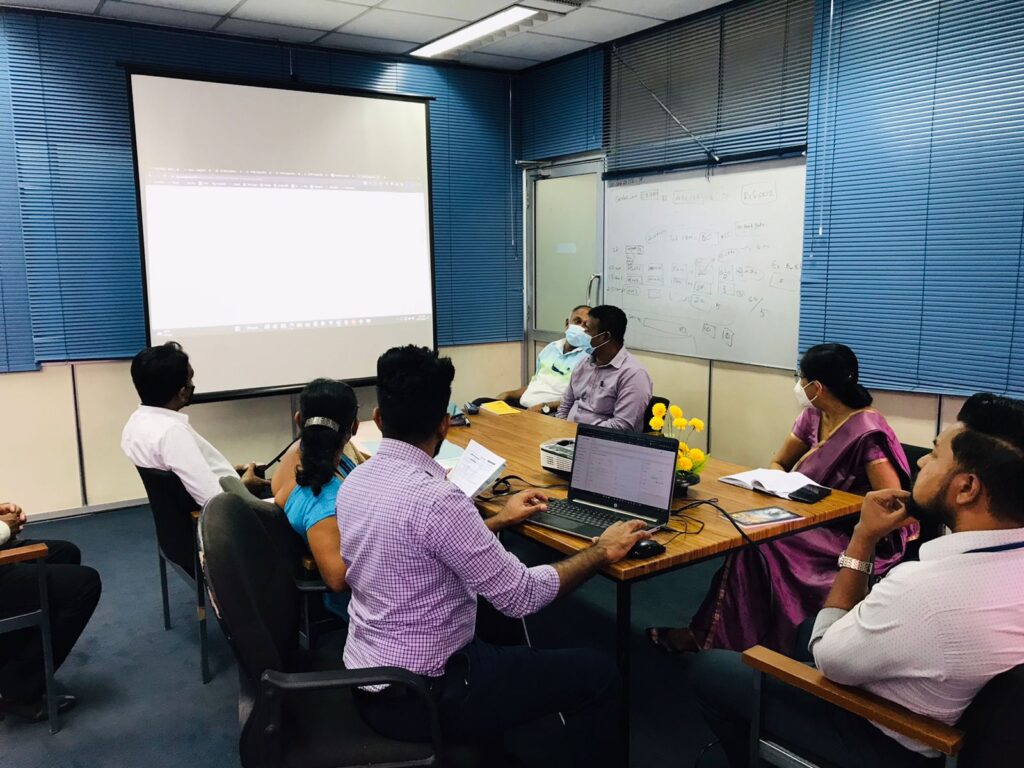
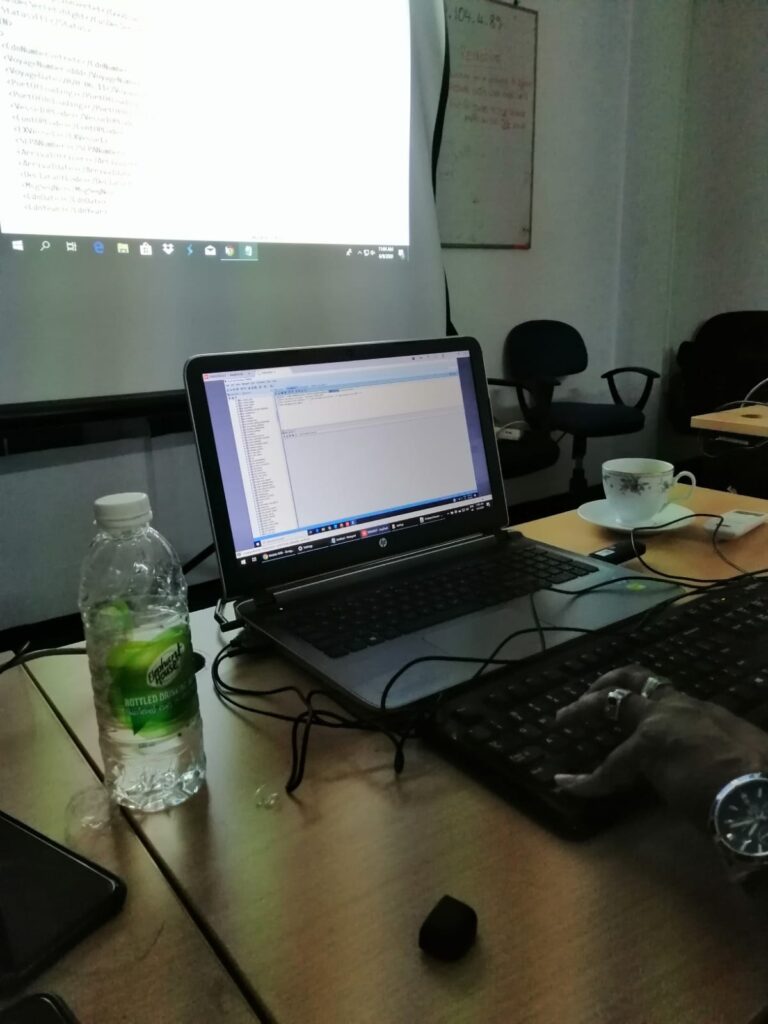
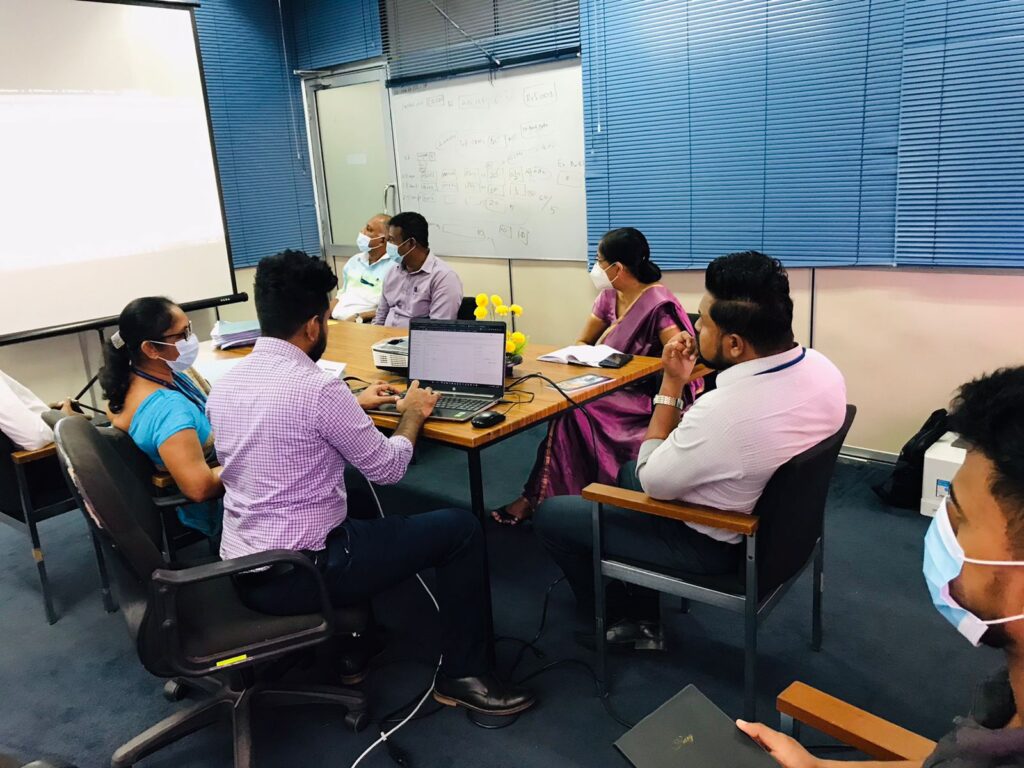
Year
2021
Client
SLPA
Services
System implementation.
Project
CMS
Description
At Colombo Port, Sri Lanka, I had the opportunity to lead a significant project aimed at modernizing and optimizing General Cargo operations, which included Bulk, Break Bulk, MCC, Bonding, and RORO activities. As the team leader, my primary responsibility was to oversee the comprehensive study and re-engineering of the existing manual processes that had been in place for years.
The project’s core objective was to eliminate the reliance on manual paperwork, which had long been a bottleneck in efficiency and accuracy. By transitioning to a system of real-time transaction capture, we aimed to not only streamline the workflow but also to introduce a more transparent and accountable process for cargo handling and billing. This involved the design and implementation of an online billing module that could accurately and instantly reflect the transactions occurring within the operations.
However, the scope of the project extended far beyond billing. We undertook a thorough re-engineering of various operational activities, transforming them from their outdated, manual processes into a fully integrated, digital system. This transition was crucial in reducing errors, improving operational speed, and enhancing the overall efficiency of the port’s cargo management.
Under my leadership, the team successfully navigated the complexities of this transformation, which required meticulous planning, in-depth process analysis, and close collaboration with various stakeholders. The result was a streamlined, modernized operation that not only improved day-to-day activities but also set a new standard for operational excellence at Colombo Port.
“This project was a testament to the power of digital transformation in the logistics and port management sector, and it reinforced my commitment to driving such innovations in all future endeavors.”
